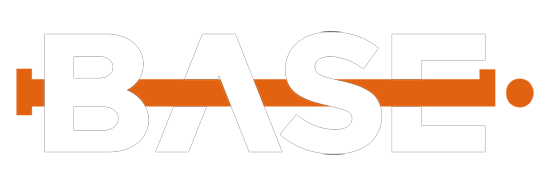Artificial intelligence is no longer just analyzing data — it’s imagining scientific breakthroughs.
A growing wave of research reveals that AI systems are now dreaming up millions of hypotheses, suggesting potential discoveries that could reshape entire scientific fields.
From molecular biology to astrophysics, machine learning models are proposing ideas that human researchers might never have conceived — a phenomenon some scientists describe as AI creativity in action.
This evolution marks a turning point: AI is shifting from being a passive computational assistant to an active participant in discovery.
Already, researchers are exploring whether AI could one day produce work significant enough to earn a Nobel Prize — not as a tool used by scientists, but as a genuine co-author in science itself.
But this frontier also raises hard questions.
How do we credit a discovery born from an algorithm?
Can something non-human be recognized for intellectual achievement?
And who bears responsibility when an AI-driven hypothesis fails, or leads to unintended consequences?
While some view this as a natural progression — the next step in scientific evolution — others urge restraint. True science, they argue, still demands human intuition, ethical judgment, and context.
Yet, even skeptics acknowledge one fact: AI is accelerating the pace of discovery at a rate unseen in history.
Whether it wins a Nobel or not, AI has already redefined the way science happens — faster, deeper, and increasingly collaborative between code and cognition.
Source: Nature – “Will AI ever win its own Nobel? Some predict a prize-worthy science discovery soon.”
https://www.nature.com/articles/d41586-025-03223-0

